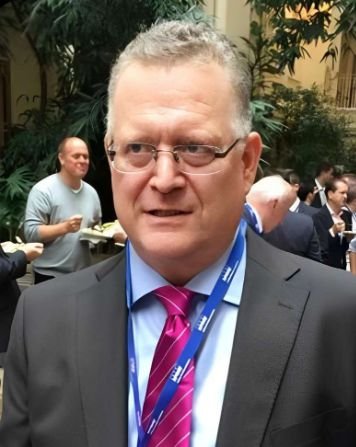-
What inspired you to write your latest book, and how did the idea first come to you?
The idea came out of frustration. I kept meeting young people who were bright, ambitious, and creative, but completely unprepared for the realities of life outside the classroom. They were struggling with basic skills, including money management, communication, resilience, and even understanding how to fail without collapsing. I realized this wasn’t their fault. The education system prioritizes test scores over survival skills. That gap stuck with me, and Life Unscripted was born as my way of filling part of it.
-
Who do you see as the primary audience for this book, teenagers, parents, or adults looking back?
Honestly, all three. Teenagers will find it immediately useful because it serves as a kind of field manual for the next stage of their lives. Parents read it to understand what their kids are actually facing, instead of what they assume. And adults who feel they missed out on these lessons can use it as a reset. It’s a book that speaks to the transition moments, whether you’re 17 or 37.
-
You call it “What You Should Have Learned in High School.” What are some of those missing lessons?
Schools rarely teach you how to manage stress, handle rejection, or negotiate effectively. They don’t show you how to evaluate risk, how to balance a budget, or even how to ask for help without feeling weak. Those are the lessons that shape your real-life outcomes. Instead of focusing on trigonometry proofs that most people forget, I wanted to focus on skills that stick and actually change the trajectory of someone’s life.
-
How did you decide on the structure and content of the book?
I treated it like a toolkit. Each chapter tackles a different area: mental resilience, financial basics, digital literacy, relationships, and decision-making. But it’s not a dry textbook. I used stories, examples, and questions to pull readers in and keep them thinking. I didn’t want people to just nod along; I wanted them to pause and reconsider how they’re living.
-
Do you think traditional education will ever catch up and start teaching these skills?
I’m not holding my breath. Schools move slowly, and the system is built to produce compliant workers, not independent thinkers. Change will come, but it won’t be top-down. It will come from people demanding better, supplementing formal education with real-world tools. Books like mine, other volumes in the series, community projects, mentoring, these are the bridges until schools wake up.
-
What do you hope readers will take away after finishing your book?
I want them to feel less helpless. Life can be chaotic, unfair, and unpredictable, but if you’ve got the right frameworks, you stop stumbling in the dark. I hope that readers walk away feeling they have agency, that they’re not just passengers in their own lives.
-
You’ve been described as blunt and unfiltered in your writing. Was that intentional?
Completely. I think people are tired of sugarcoated advice. When you’re seventeen and about to rent your first apartment, you don’t need fluff, you need clarity. So yes, the tone is direct. But it’s not cynical. It’s practical and, I hope, empowering.
-
Do you have a favorite chapter or section of the book that you think captures its essence?
The chapter on failure. Too many young people see failure as permanent, as proof they’re not good enough. I argue that failure is the raw material of progress. If you don’t fail, you don’t stretch. That’s the one lesson I wish I’d learned earlier in life.
-
What advice would you give to a young reader picking up your book for the first time?
Don’t just read it, use it. Write in the margins, argue with me, apply the questions to your own life. The book isn’t meant to be passively absorbed. It’s a challenge to take ownership of your path instead of waiting for someone else to hand you the answers.
-
What’s next for you after Life Unscripted? Are you working on another project?
Definitely. Life Unscripted is one of five books I’ve written for The Book On Series, which is a collaborative effort with multiple authors. Each title explores a different dimension of clarity, resilience, and strategy. My role is to keep contributing while also helping shape the series as a whole. The next projects push deeper into those themes, bigger decisions, higher stakes, but the same practical grounding.


